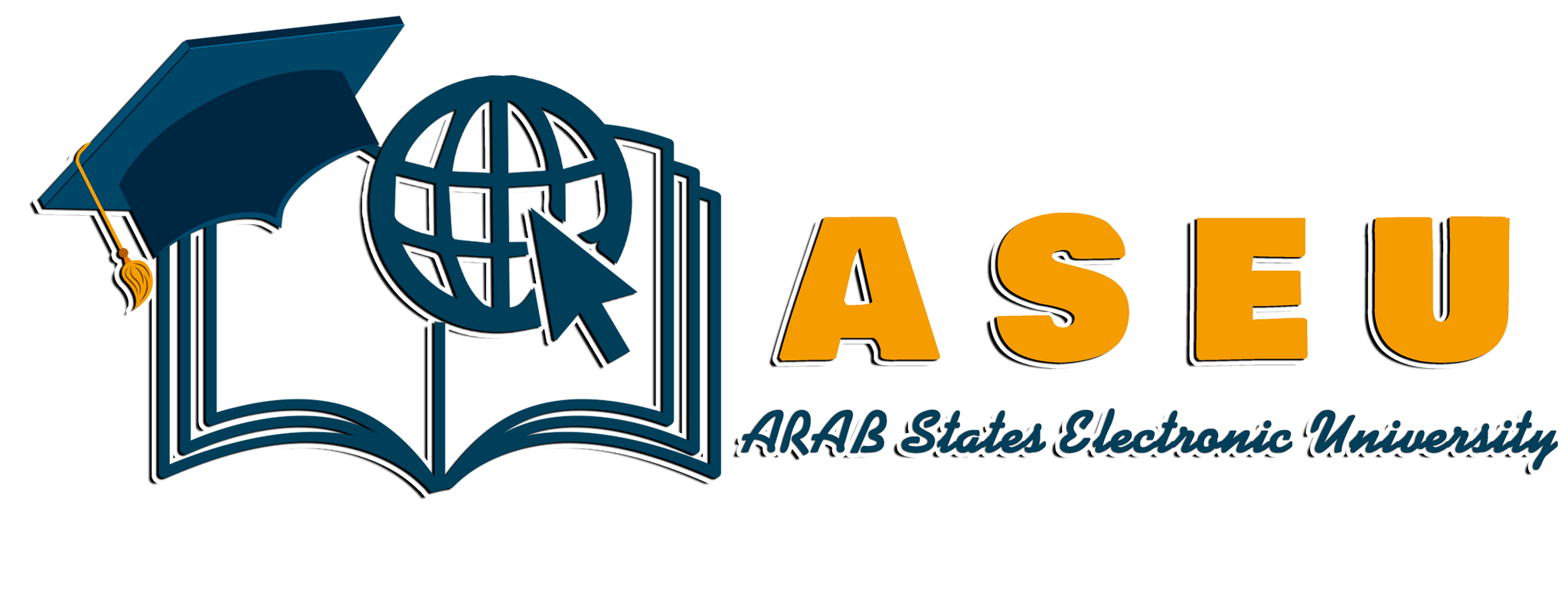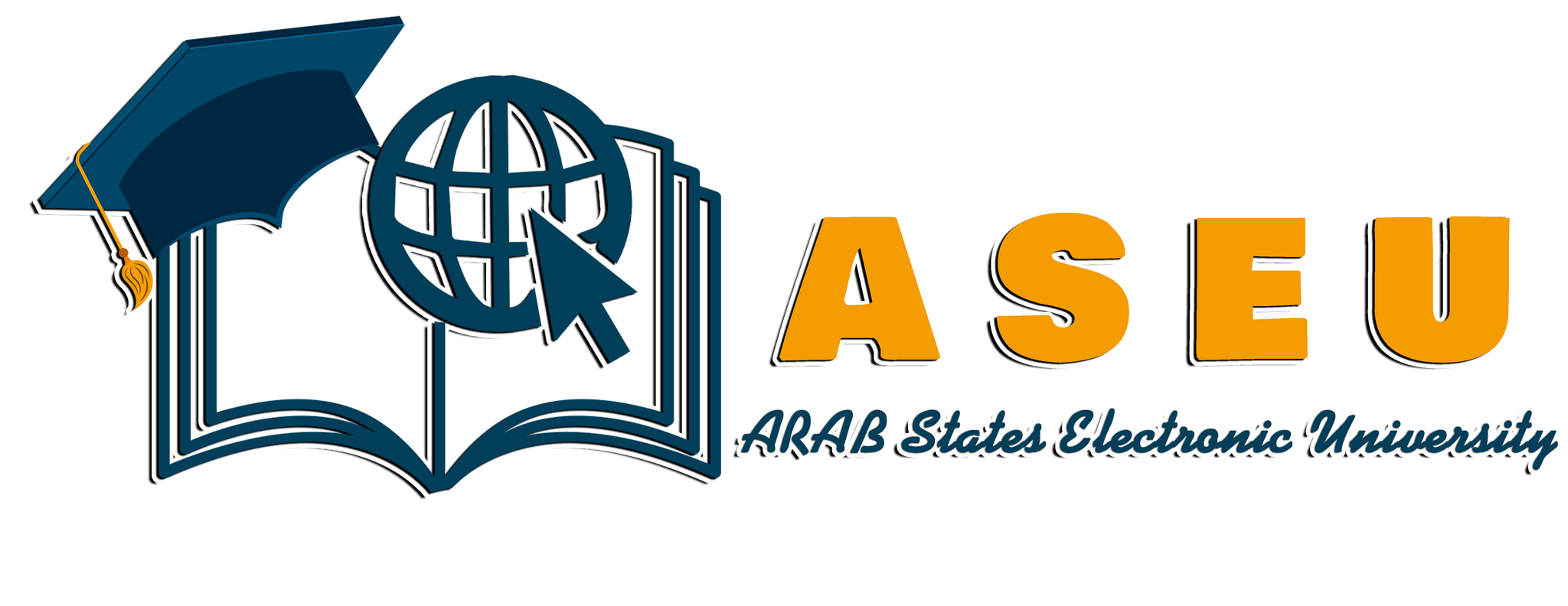The strategic world of procurement is in a constant state of evolution, with several powerful and transformative Procurement Outsourcing Market Trends reshaping how businesses partner with service providers. The most dominant trend is the deep and pervasive integration of digital technology. Service providers are no longer just people-based operations; they are technology-enabled service companies. This trend involves the use of advanced analytics for spend visibility, robotic process automation (RPA) for transactional tasks, and artificial intelligence (AI) for predictive insights and sourcing recommendations. A second major trend is the elevated focus on supply chain resilience and risk management, a direct response to the disruptions of recent years, which has become a core and high-value part of the service offering.
These forward-looking trends are the primary forces fueling the market's powerful economic expansion and its journey to becoming a more strategic and indispensable business partner. The industry is on a clear and robust growth path, with its total size projected to surge to a formidable USD 10.47 billion by 2032. This growth is being propelled by a strong and steady compound annual growth rate (CAGR) of 13.70% throughout this period. The trends toward more digital, data-driven, and risk-focused services are directly responsible for this growth by dramatically increasing the value proposition of outsourcing, which in turn justifies the increased and sustained investment from businesses looking for more than just cost savings.
A critical trend is the growing importance of Environmental, Social, and Governance (ESG) criteria in sourcing decisions. Clients are increasingly demanding that their outsourcing partners help them to achieve their sustainability and supplier diversity goals. This trend is transforming the role of the provider from a pure cost-cutter to a partner in achieving corporate social responsibility objectives. Alongside this is the trend towards greater collaboration and ecosystem management. The modern procurement function is not just about negotiating with suppliers; it is about building strategic partnerships and co-innovating with them. Outsourcing providers are increasingly being tasked with managing this entire supplier relationship management (SRM) lifecycle.
Finally, the trend towards more flexible and modular service offerings is set to have a profound impact. Instead of the traditional, large-scale, all-or-nothing outsourcing deals, a key trend is for clients to seek more targeted support for specific spend categories or processes. This "à la carte" approach is making procurement outsourcing more accessible to a wider range of companies, particularly in the mid-market. This move towards greater flexibility, combined with the other trends of digitalization, risk management, and ESG focus, points towards a future where procurement outsourcing is a highly strategic, data-driven, and customizable partnership model that is essential for navigating the complexities of the modern global economy.
Explore Our Latest Trending Reports:




